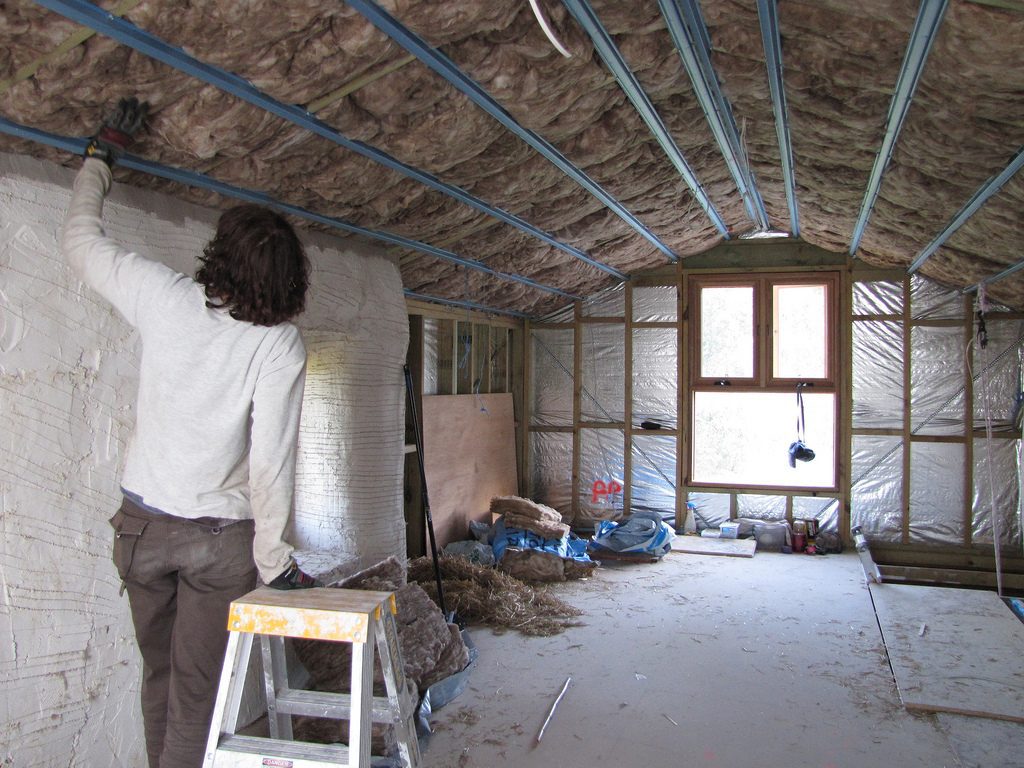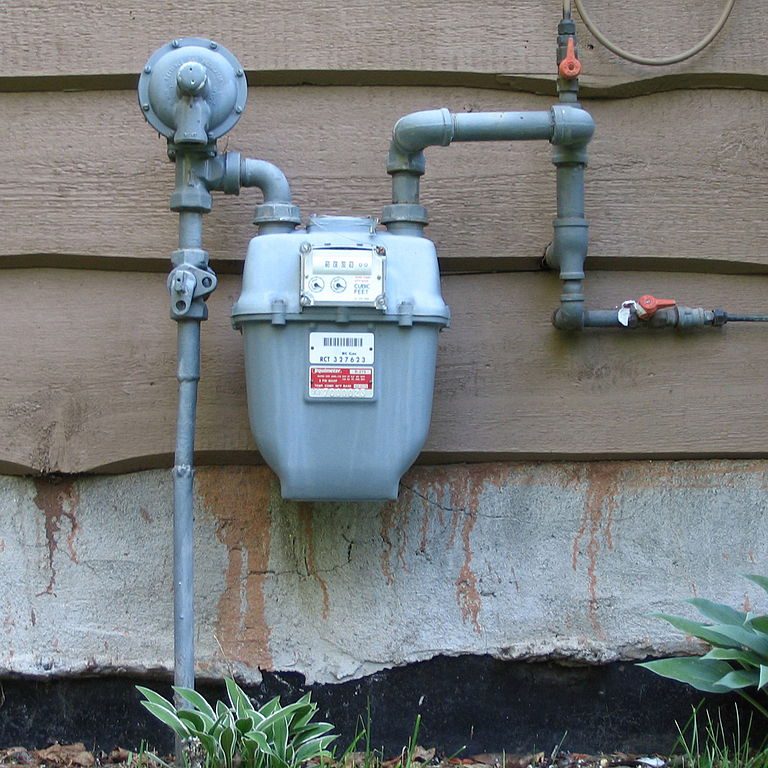The Made-In-Ontario Environment Plan is failing, again. This time it’s because the province is failing to reduce how much natural gas it burns. This failure means we’re also missing a chance to create new jobs and save money, both of which can help Ontario recover from a pandemic recession.
Burning natural gas creates a lot of carbon pollution, which makes climate change worse. Natural gas heating was primarily responsible for a big spike in Ontario’s carbon emissions recently. Meeting Ontario’s targets to reduce greenhouse gas emissions won’t happen without a real plan to reduce natural gas use.
Ontario’s Environment Plan does have commitments to reduce our natural gas combustion. In fact, the climate targets in this plan rely heavily on this reduction. This was meant to happen through major increases in energy efficiency in buildings. The problem is, those increases are not happening. Instead, investments in these programs are set to be capped over the next two years until the end of 2021. See here for details.
This is a step backwards for the climate and for the economy. Energy efficiency pays for itself many times over through reduced natural gas use. Energy efficiency actually lowers our energy bills while also lowering carbon emissions. It is by far the cheapest way to lower our carbon footprint. It’s incredibly important too, because burning natural gas is the largest source of carbon emissions in Ontario after transportation, generating approximately one-quarter of the province’s emissions.


Energy efficiency programs also create jobs and economic growth (think window installers, insulation contractors, retrofit contractors, etc.). If we can’t even pursue a win-win solution like this, how will we prevent a climate catastrophe?
How did this happen?
- First and foremost, Enbridge Gas, which designs and runs these programs, failed to prepare a plan for increased energy efficiency investments in 2021 (see here, page 6).
- Second, the Ontario Energy Board has not given Enbridge Gas an incentive to increase energy efficiency programs (see here pages 6-7) and is set to approve Enbridge’s plan for no program increases.
- Third, the Ontario Government has not stepped in to solve the problem, for example, by ensuring that the Ontario Energy Board abides by their existing directive to implement all energy efficiency programs that are cost-effective (see here, pages 3-4).
Ontario needs to ramp up natural gas energy efficiency now. This should be a key plank of Ontario’s plan to recover from the pandemic recession. The costs can be financed at current rock-bottom interest rates and easily paid back with the huge savings from reduced energy use. We will benefit from the jobs and cost savings now, and reduce carbon pollution to help address the climate crisis. Let’s get on with it!
Your support during these uncertain times is crucial for us to continue our work in protecting the environment and the health of our communities. If you can, we hope you can make a contribution to support our efforts.
Stay up-to-date on environmental issues. Join our email community.








